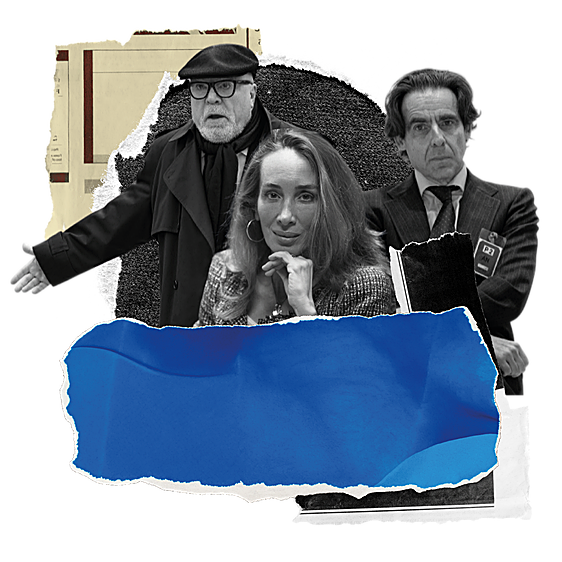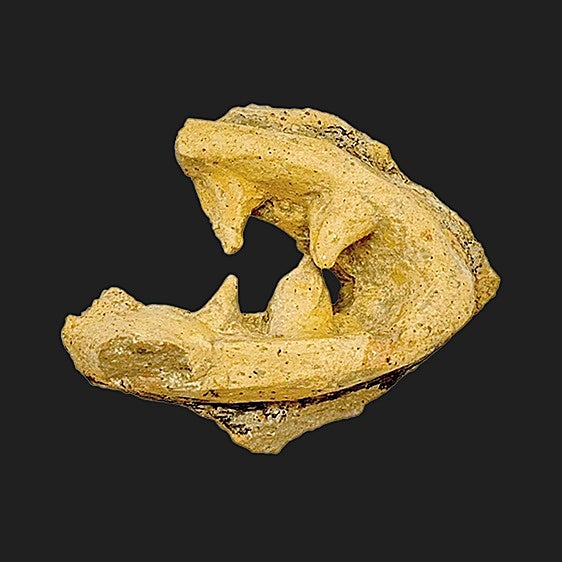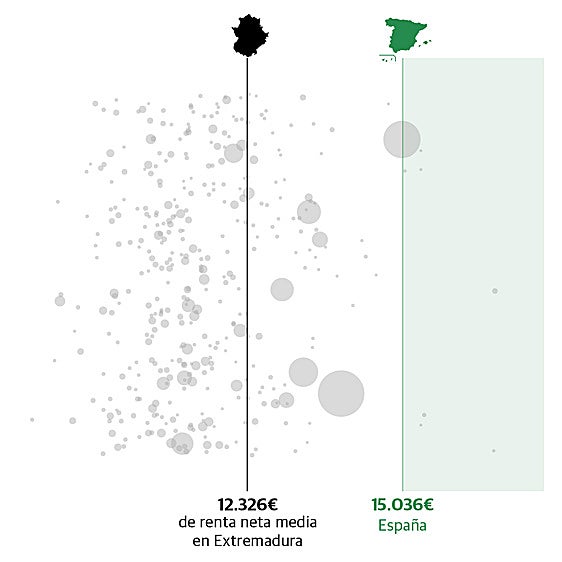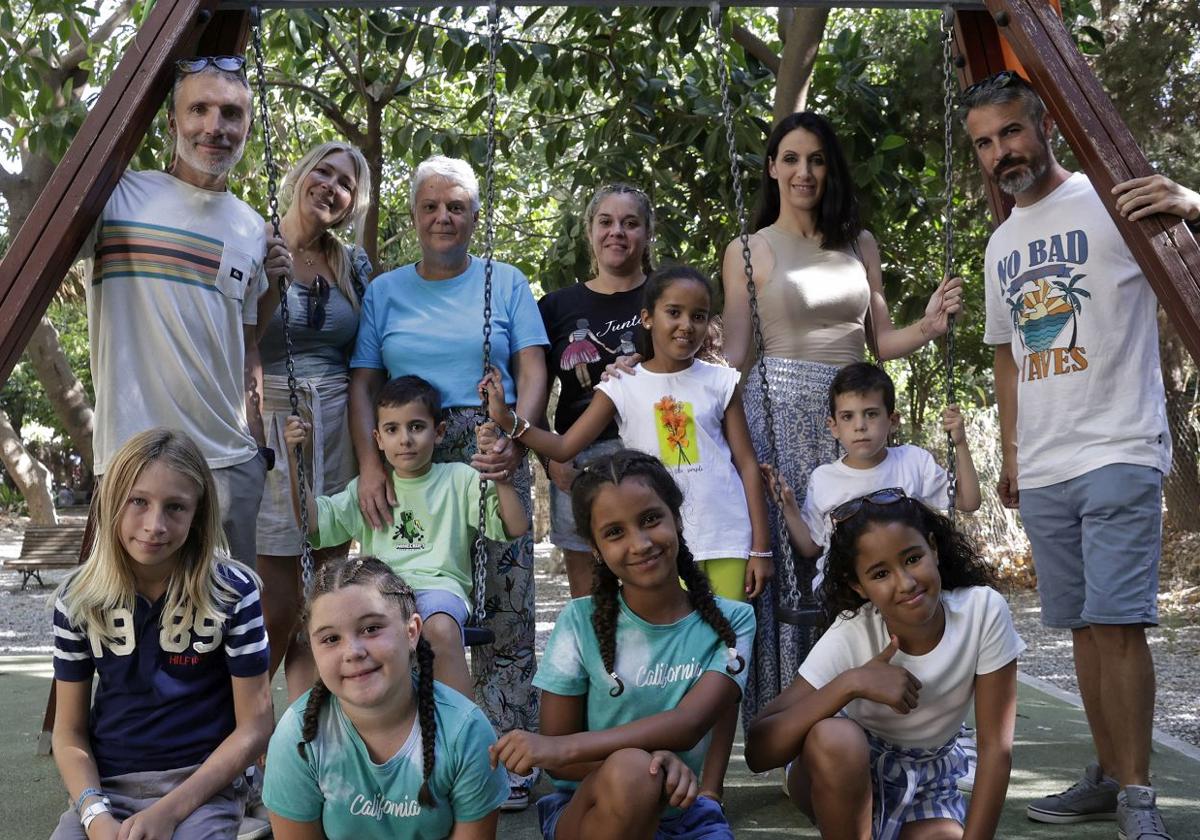'I want to take the bed I sleep in back with me to the Sahara'
These Sahrawi children are used to sleeping on the floor in camps. Taken in by host families in Malaga, they are spending their summer enjoying the comfort of a bed, feasting on ice cream and playing in the sea
Cristina Vallejo
Malaga
Friday, 2 August 2024, 11:58
Hardly any corner of the world has escaped globalisation, not even Sahrawi refugee camps in the western Sahara desert, which have been in no-man's land since the mid-seventies, abandoned by colonial Spain and invaded by Morocco. The Sahrawi children who come to spend their summers in Malaga no longer marvel at the sight of running water, televisions or loaded supermarket shelves as those who came twenty or thirty years ago did. They have small shops at home and watch films and television shows, so the surprise factor when they land at Malaga Airport is not what it used to be.
This is how Ana María Álvarez sees it. She lived with children from the Sahara in her childhood in the eighties and nineties; she became the 'sister' of the Sahrawi children who spent their summers living at her house, hosted by her mother, Pilar Camero. Among these children was Uahba. Today, Uahba's own daughter, Hana, spends her summers with Ana María - whom she is named after - in Malaga.
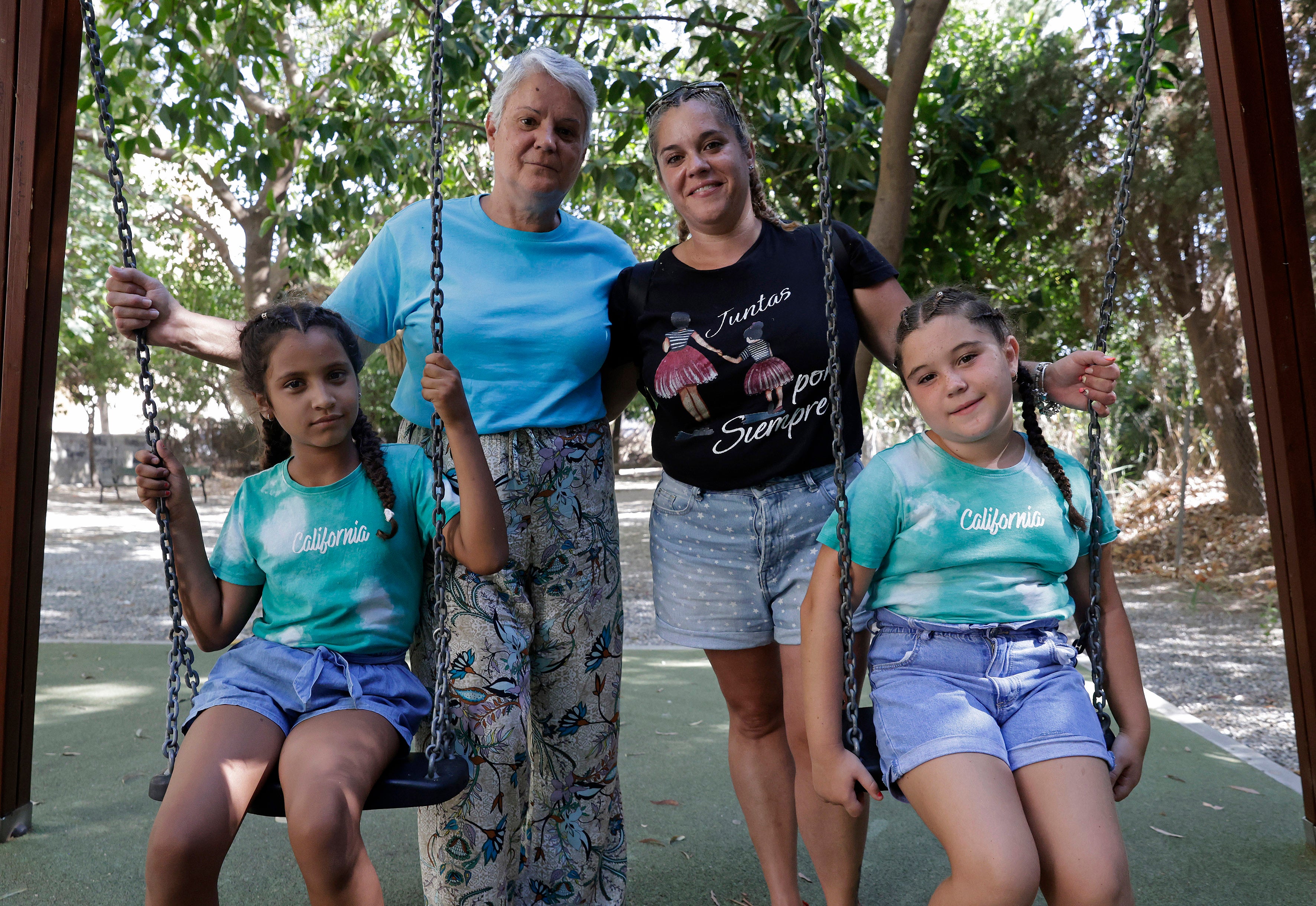
"Hana does not know how to explain what is happening in her homeland, but she is aware of the history of her people: one day she spoke of the blood shed in the Sahara"
Nine-year-old Hana is now the Sahrawi 'sister' of Daniela Chaves, Ana María's daughter. Daniela says that she was so excited about Hana's arrival that she could not sleep the night before her 'sister' landed on the Costa del Sol.
Although their age and their identical attire make them appear so alike, in reality they are a world apart. For example, Hana, who, as a Muslim, tries to keep the routine of praying five times a day, asks why Ana María, Daniela and Pilar don't do the same. There is less prayer here, she observes. She is heavily influenced by Sahrawi culture; one day, when she dropped her melhfa, the traditional cloth worn by Sahrawi women, she cried out that she had let fall "the spilled blood of the Sahara". "She does not know how to explain what is happening in her homeland, why Sahrawi children come to Spain to spend their summers - to pay off a little of the debt that this country owes to these people - but she is aware of her history," says Pilar Camero.
The children of the Sahara no longer have a look of surprise permanently etched on their faces during their holidays in Spain. But they still use this time to make the most of what they don't have back home. Even on sunny days, it is cooler in Malaga than in their camps, where temperatures lately have reached over 62 degrees celsius. Although their homes sometimes have air conditioning - solar panels are quite popularly used to provide electricity - their way of having fun in the Sahara is to play in the street, which is scorching hot in July and August. There therefore isn't much for them to do in the summer, at least not in the middle of the day. But here on the Mediterranean coast, they are able to exhaust themselves during the day by enjoying the resource that is so scarce in the desert: water. They love getting into a full bathtub, diving into a swimming pool and, of course, the sea. For Hana, these are some of the things she knows she will miss most when her Malaga holiday is over.
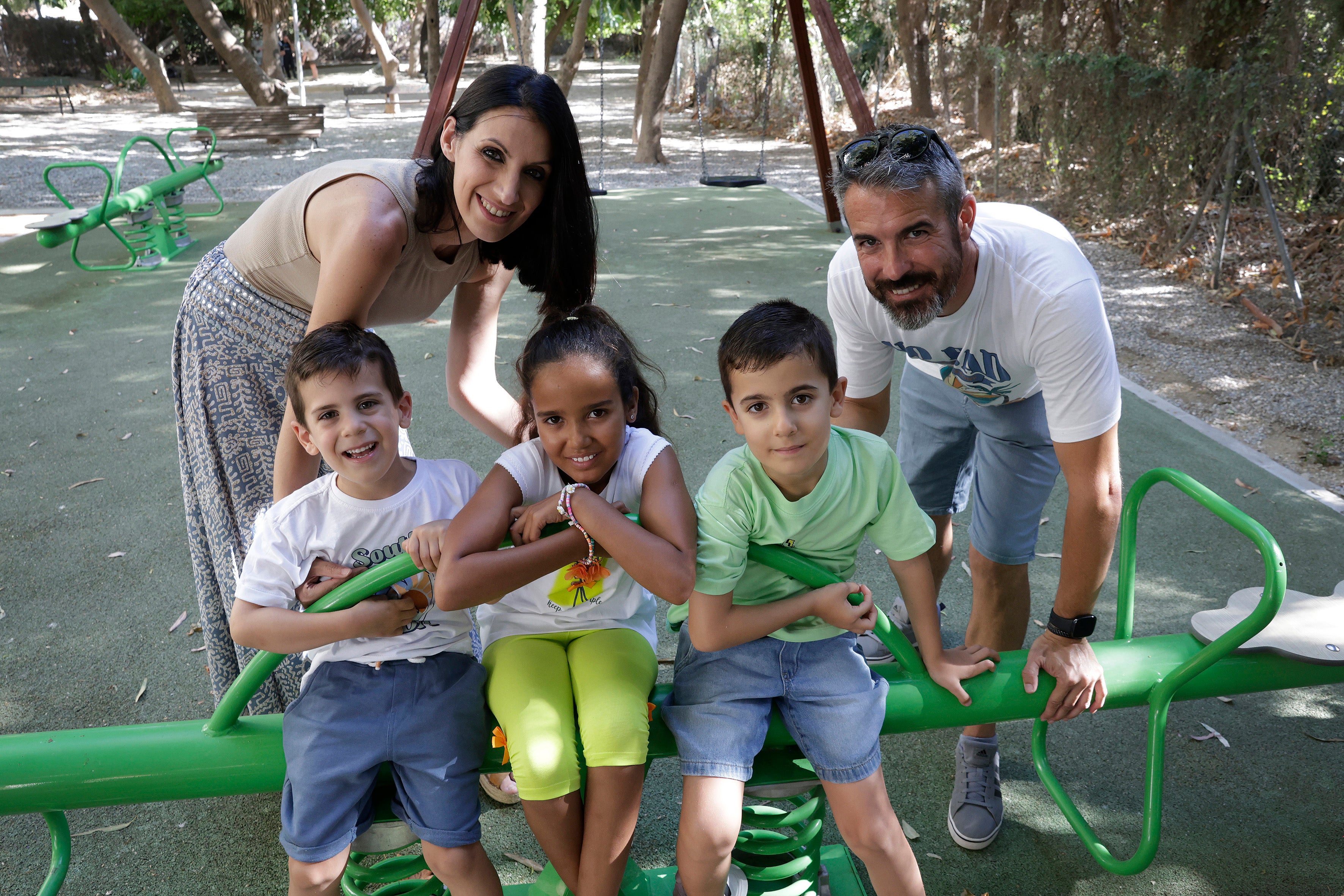
She likes tortilla de patata, gains a kilo a week and says: "I feel a little bit from Malaga and a little bit from the Sahara"
Faluka, the little girl taken in by Daniela Arroyo, Fran Romero and their sons Mario and Jorge, is also crazy about water pistols. Watching the three of them play, you can tell how much fun their water fights must be. Faluka has also learned to swim in Spain, and plays with her 'brothers' in the pool, diving for the hoops they throw to the bottom.
She is also looking forward to returning to the water park this summer. She went last year and had a great time: "I wish she was just a little more afraid of jumping into the water," jokes Daniela. A few days ago the family went on a trip to the countryside, to the source of a river, where Faluka enjoyed feeling the icy water on her little feet. But she doesn't want to be a mermaid: Faluka knows she wants to become a teacher in a madrasa (school).
"Just like siblings"
We talk of 'Malagueño brothers' or 'Sahrawi sisters' because this is how the children really act. As Rosi Delgado puts it, talking about her son Marco and Jadiya, the Sahrawi girl who spends her holidays with them, "they fight and love each other like siblings".
And so, if she has to scold them, she scolds them both equally. If she has to buy them something, she gets the same for both of them. The children's birthdays prove this. One has their birthday in December and the other in January. If Marco has his birthday party in Spain, when Jadiya is already back in the Sahara, she joins remotely. There are companies at the camps dedicated to organising this - the Spanish family makes a transfer via Bizum so that Jadiya and her friends can celebrate with hamburgers, pizzas and cake.
The commitment shown by these host families is not limited to these two summer months, but extends throughout the year. Every month, or every three months, they send a package - some even containing scooters for the children - and money. What's more, many of these children stay with the same Spanish family every summer. Often, different generations stay within the same family, too. Hana has been taken in by the daughter of the woman who took in her mother, and the same goes for Faluka. Malaga and Sahrawi families have deep bonds.
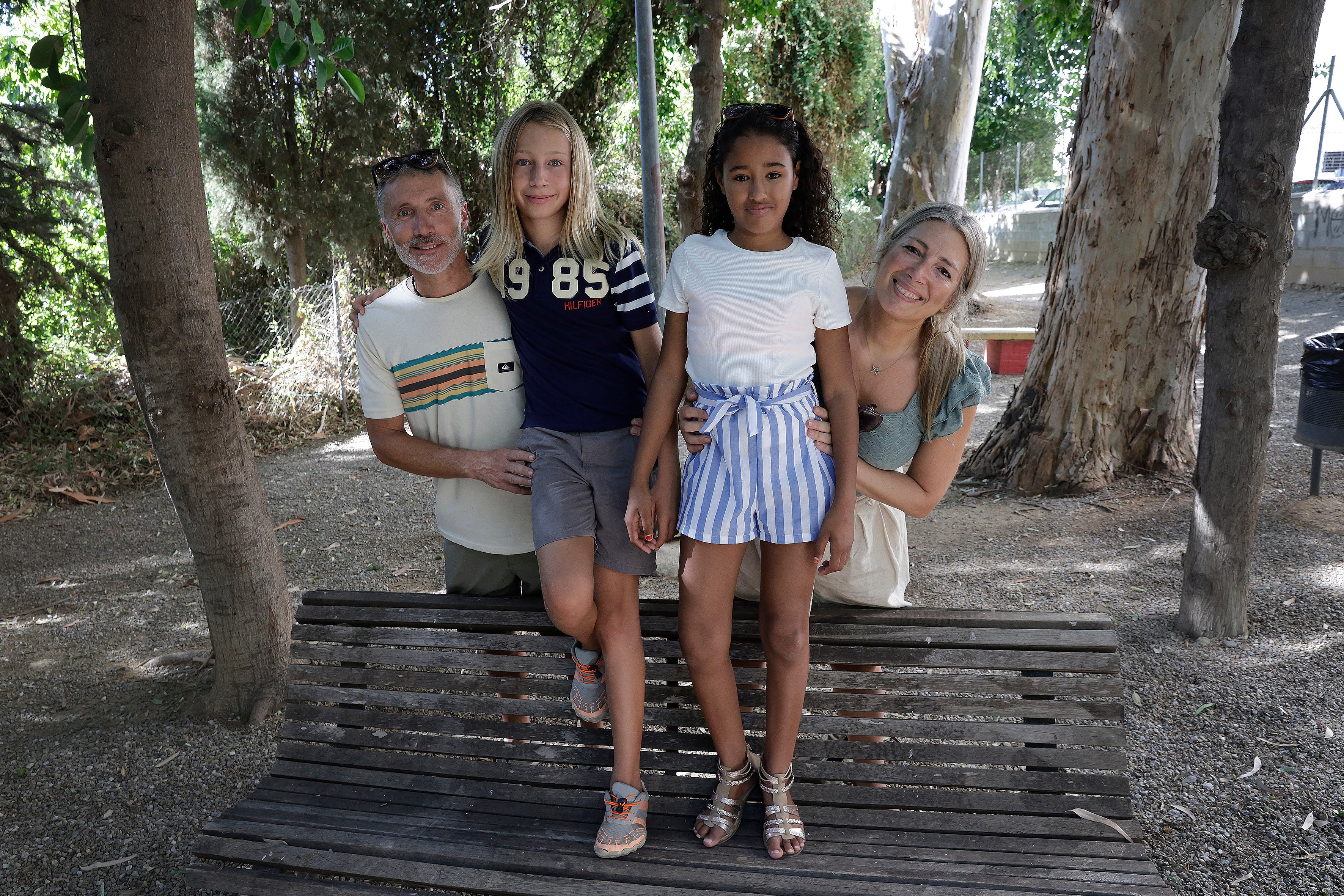
"One of the things Jadiya enjoys most is standing under the shower. Her family only gets one bag of water for the whole month"
Rosi Delgado and Antonio Díaz are "new" to the scheme, although they have been hosting Jadiya for two or three years now. They want to continue welcoming her every year, but they fear that this could be Jadiya's last summer in Malaga. Girls, when they start to hit puberty, no longer come: they become women and the responsibility of caring for their families falls on them. So Delgado and Díaz feel they have a responsibility to make what might be Jadiya's last summer of childhood a happy and special one. The couple would like to continue fostering other Sahrawi children. But for little Marco, Jadiya is totally irreplaceable. "Either Jadiya or no one," he says.
As an only child, he says that there are times during the year when he gets bored, but when his Sahrawi 'sister' is here, he has company and someone to play and laugh with all the time. They love bingo, which they call "the numbers game"; in fact, they have chosen to play it precisely so that Jadiya can learn and become skilled with arithmetic in Spanish. They also have a lot of fun playing Twister.
The fact is that it is important for this family to carry on welcoming Sahrawi children; the pandemic prevented many from coming to Spain, which is now combined with a decrease in the number of families willing to take them in for the holidays.
Learning to swim in Malaga
Faluka loves the game Parcheesi and, when she plays, she jokes around with the family and has her cheeky strategies: she puts her piece on the border between two squares, which allows her to move to the most convenient square when she rolls the dice and avoid being 'eaten'. She is also very good at Nintendo games. Jadiya enjoys the tablet, which she uses to watch Sahrawi dances on YouTube. But it is water games that are a firm favourite. Jadiya has learned to swim in Spain and, during the pool day that all Sahrawi children welcomed in Malaga attended - thirty in total have come to the province as part of the 'Vacaciones en Paz' ('Holidays in Peace') programme - she said that she didn't need armbands or anything, that she was a grown-up. She dives better than anything, says Rosi, who is trying to get her to practise more so that she can stay afloat. In any case, Jadiya is always the first to enter the water and the last to come out.
Host parents feel a great sense of responsibility to look after the children attentively when they are playing in the water. And walking down the street: because the children are not used to the rules of the road, parents have to be especially careful. This is why there are families who would welcome Sahrawi children, but think it is too much of a burden. The stay also includes recommended medical check-ups, so visits to the dentist and blood tests are necessarily sandwiched between games and beach trips.
But the great value of this exercise in solidarity is indisputable, and not just for the Sahrawi children. For Marco, from Malaga, meeting Jadiya has helped him to understand that not all children have a life like his.
"It's not that they don't have a tablet, it's that they don't have a toilet, it's that sometimes they don't have electricity. One of the things Jadiya enjoys the most is standing under the water in the shower. Her family only gets a bag of water that has to last them the whole month for washing, cooking... We are very lucky, here everything is easy, but over there everything is very difficult: they can't go by car and they have to walk in the desert in the heat."
When it's time to leave
Although the Sahrawi children are much-loved in their host families, the summer must come to an end. The Malaga families say that when the children's stay is over, they have a hard time because they know they are going to miss them a lot. But they are also pleased because they are aware that they are going back to their mothers, their siblings, their family. People with whom, when they are on holiday in Malaga, they talk with on the phone almost every day.
Some of these children have relatives working in Spain. And as they spend a few weeks a year here, they already feel their hearts are "split" between the Sahara and Malaga.
For instance, Faluka feels as though she is a little bit from here and a little bit from the desert. One of the things she loves most about Spain is the food.
"She gains a kilo a week," jokes Daniela, her Spanish 'mother', who points out how she makes the most of the food here. She loves tortilla de patata, strawberry ice cream and ice cream sandwiches. At home, these Sahrawi children usually don't have access to ice cream. In Spain, Jadiya ate prawns for the first time in her life: she looked at them suspiciously, but tried them and loved them. "She doesn't eat a lot, but she eats everything," says her family.
Hana's family described how much she enjoyed roast chicken. But what Faluka would take back with her to the Sahara from Malaga would be her bed: she doesn't have one at home. In fact, a lot of host families attest to the Sahrawi children preferring to sleep on the floor, because that is what they are used to. If they sleep on a bed, they are likely to fall out, or, if not, they magically appear lying on the floor the next day. But Faluka wants her bed.
